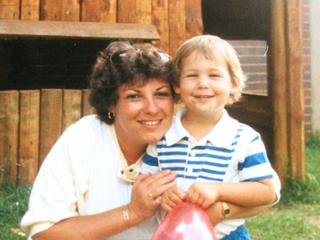Borrowing Happiness From Job Perks
by Benji Raymond

“Happiness is not simply the absence of despair.
It is an affirmative state in which our lives
have both meaning and pleasure”
As perpetuated in Livingston’s “Too Soon Old, Too Late Smart “, there are three primary components of happiness. The three components he refers to are; something to do, someone to love, and something to look forward to. Livingstone reiterates the notion that “something to do” does not necessarily refer to paid work, but nevertheless often is since we seek employment in areas which interest us. Meaningful work is rewarding and beneficial and provides necessary meaning in our daily lives. “Something to do” can constitute volunteer work, permanent hobbies or typical employment.
“And if you sing though as angels,
and love not the singing,
you muffle man's ears to the voices of the day
and the voices of the night.”
If you’ve been keeping up to date with current employment opportunities you will no doubt have noticed that job perks and benefits are widely increasing. For example, Google currently offers employees benefits which include free lunch and dinner, free shuttles, car washes, massage therapy, hair stylists and saunas. While all this sounds great, the sad truth about benefits is that employees are beginning to pick their employment based on the number and quality of the perks being offered and not on the job and work itself. Perks are great and it is always nice and sometimes necessary for an employer to go that extra mile to illustrate their appreciation for your quality service. Nevertheless, when benefits become the sole reason for being employed in a specific location, then it is highly probable that the third component of happiness is being sacrificed for monetary and short term satisfaction. This is potentially a reason, albeit a small one, why 'employee turnover' is steadily increasing. Employees get tired of working solely for perks and benefits and eventually lose sight of what specifically they are working for. Eventually the perks that once appeared to be glowing in a heavenly light become obsolete to their own understanding and the need to seek new and better perks becomes stronger.
“For if you bake bread with indifference,
you bake a bitter bread that feeds but half man's hunger.”











